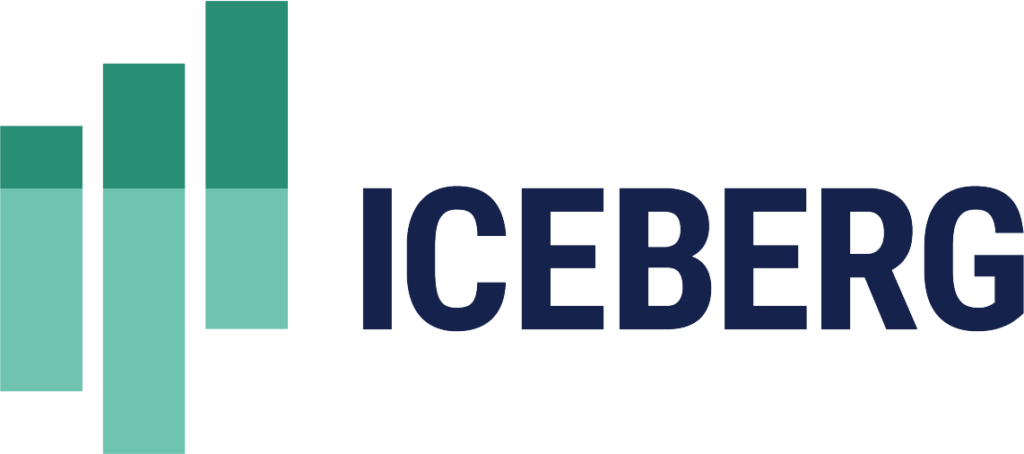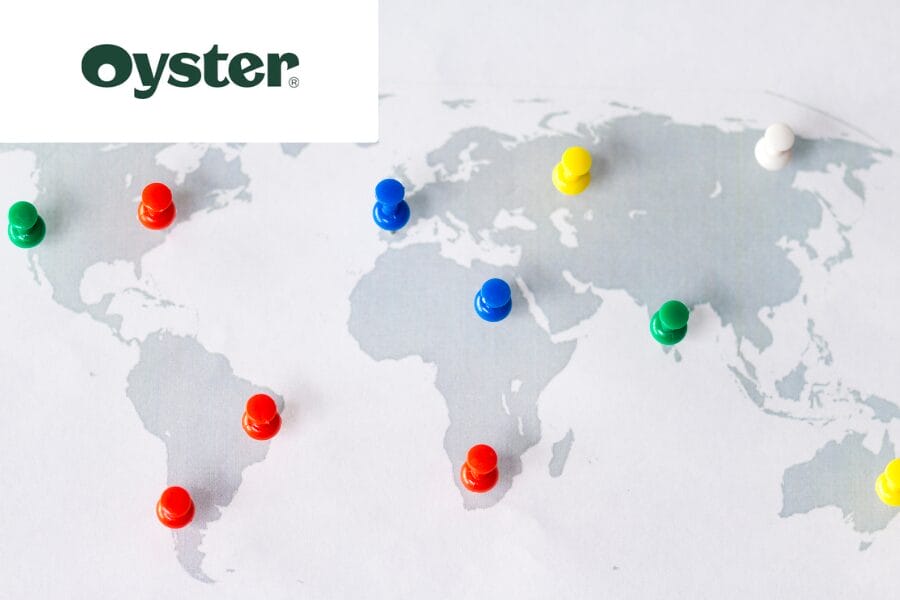AT A GLANCE
Customer: Oyster
Industry: HR Tech / Global Employment Platform
Team Size: 600+ across 60+ countries
Engagement Type: On-Demand Sales & Marketing Operations Expertise
Challenge: Manual lead handling, fragmented systems, and lack of visibility
Solution: Salesforce optimization, HubSpot configuration, automated lead distribution
Impact: Streamlined operations, improved reporting, and scalable processes
The Context
High growth exposed operational gaps across sales and marketing
Oyster is a global employment platform that helps companies hire, pay, and manage talent in over 180 countries. As the business scaled rapidly—fueled by a surge in remote work and international hiring—it became clear that the internal systems powering sales and marketing weren’t keeping up. Sales reps were manually entering leads into Salesforce and self-assigning records. There was no consistent way to distribute leads or report on funnel activity. Meanwhile, Oyster had recently adopted HubSpot to manage inbound marketing—but lacked the expertise to configure it effectively and integrate it with the rest of their go-to-market systems.
To maintain momentum and prepare for long-term scale, Oyster needed to lay a new foundation—one that would enable standardized processes, accurate reporting, and efficient team coordination across global markets.
The Challenge
Manual processes, fragmented data, and inconsistent reporting
Oyster’s rapid growth brought common operational growing pains to the surface: siloed systems, unclear processes, and a lack of reliable insight into performance. The team couldn’t see where deals were stalling or which tactics were most effective—and leadership lacked the metrics needed to guide strategic decisions. To build a high-performing revenue engine, Oyster needed more than tools—they needed structure, strategy, and automation.
Key issues
Managing leads manually: Sales reps were self-assigning leads, creating inconsistent ownership and missing records.
No consistency in deal stage definitions: Sales activities weren’t tracked in a standardized way, making it difficult to understand why deals were won or lost.
Lack of visibility across teams: Inbound and outbound efforts weren’t aligned, and no clear reporting structure existed to monitor pipeline or conversion rates.
Disconnected tools: HubSpot was in place, but not properly configured to support inbound workflows or integrate with Salesforce.
The Iceberg Approach
Build a scalable, data-driven revenue engine
Oyster partnered with Iceberg to modernize its sales and marketing operations. The goal: build a scalable system that could support international growth, align global teams, and provide real-time visibility from lead to close.
The engagement focused on three core areas: optimizing Salesforce, configuring HubSpot to support inbound marketing efforts, and implementing automated lead distribution across territories. Importantly, Iceberg also designed a unified data framework across Salesforce and HubSpot to track both inbound and outbound leads—ensuring complete visibility into the full customer journey.
The new setup gave Oyster a structured, scalable way to manage its pipeline and track performance across the funnel.
What we delivered:
Salesforce Optimization
- Cleaned up and redefined deal stages to reflect meaningful progress and outcomes
- Established handoff rules and team responsibilities to ensure consistency
- Enabled accurate pipeline tracking and win/loss reporting
Automated Lead Distribution
- Built a round-robin routing system to assign leads across global regions
- Eliminated manual lead distribution and ensured timely follow-up
- Improved lead coverage and speed-to-response across sales teams
HubSpot Configuration
- Set up top-of-funnel marketing automation workflows
- Integrated HubSpot with Salesforce for closed-loop reporting
- Enabled tracking of both inbound and outbound activities in a unified view
- Implemented marketing attribution logic to measure campaign and channel performance
The Results
Operational alignment and visibility to support global expansion
The transformation didn’t just clean up processes—it made Oyster’s revenue engine smarter and more strategic. Sales and marketing teams now operate within a shared framework, supported by automation and backed by reliable data.
Iceberg’s work also reduced manual data entry and manual report building, freeing the team to focus on more high-value activities. By configuring HubSpot and integrating it fully with Salesforce, Oyster gained its first systematized top-of-funnel tracking process, allowing the marketing team to measure the ROI of different lead generation tactics.
Salesforce and HubSpot rules were built to track both inbound leads and outbound accounts, ensuring that the sales team has access to important historical data and can follow leads from first touch to close. Oyster’s leadership now relies on dashboards that give real-time insights into pipeline health, sales forecasts, and campaign performance—enabling data-driven decision-making at every level.
KEY WINS
Stronger reporting enables accurate forecasting and win/loss analysis through clear metrics and consistent deal tracking
Faster follow-up thanks to automated lead routing that prevents leads from slipping through the cracks
Inbound and outbound tracking with Salesforce and HubSpot integration capturing all lead sources and campaign data
Scalable infrastructure built to support Oyster’s pace of global growth and expanding sales needs
Improved marketing ROI insights allow the team to identify which tactics drive the most qualified leads
Reduced manual admin through automation that cut down on data entry and eliminated time-consuming reporting tasks


